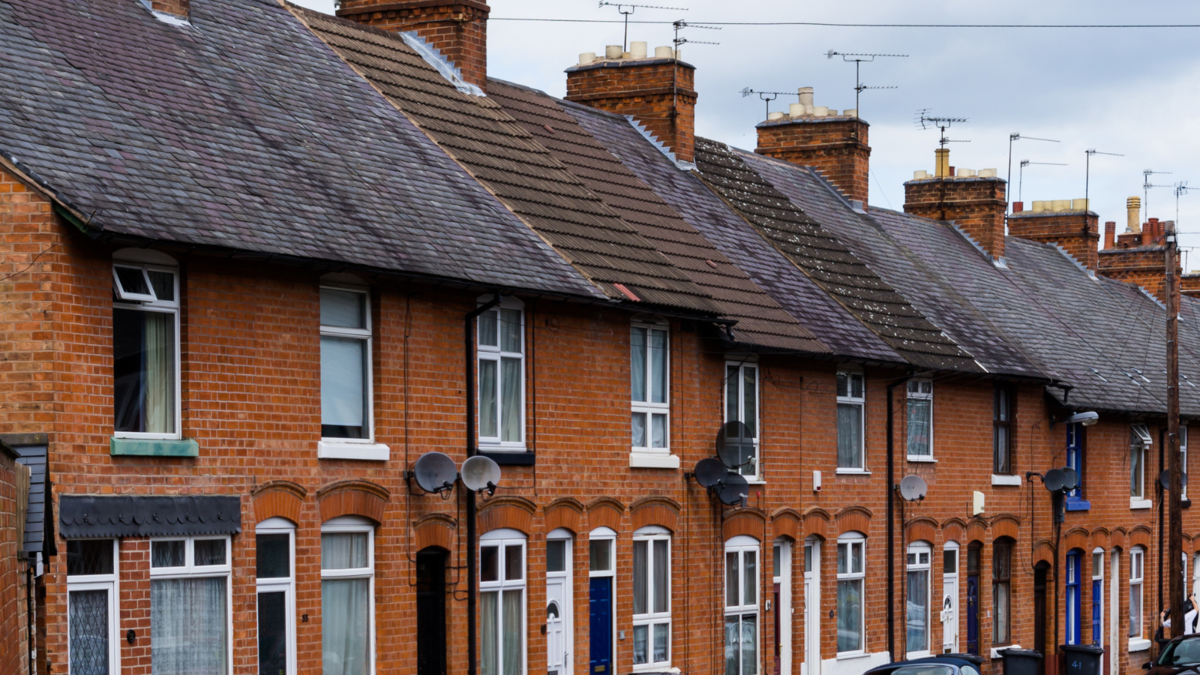Our response to Ofsted’s proposals on inspecting semi-independent accommodation

Last week, we responded to the consultation on the new Ofsted inspection framework for semi-independent accommodation.
Our response was not intended in any way to endorse the new semi-independent regulations or inspection regime. However, we have considered each question posed in the consultation to provide constructive feedback.
Below is a summary of our response to Ofsted. You can read our full response here.
Inspection outcomes
When inspecting semi-independent accommodation, Ofsted proposed that the inspection leads to one of the three outcomes listed below
- Inspection outcome 1: Consistently strong service delivery leads to typically positive experiences and progress for children…The next inspection will be within approximately 3 years.
- The 3-year window is too long and will likely reinforce bad practices without any repercussions.
- Inspection outcome 2: Inconsistent quality of service delivery adversely affects children’s experiences and limits their progress…The next inspection will be within approximately 18 months.
- The second inspection should take place within 6-months.
- We would expect that Ofsted visits in the interim to ensure that the quality is raised, and that children living in the environment are well looked after and safe.
- Inspection outcome 3: Serious or widespread weaknesses lead to significant concerns about the experiences and progress of children…The next inspection will be within approximately 6 months.
- Ofsted must work with local authorities to identify alternatives and move children into safe settings where necessary.
There is a considerable gap between inspection visits; we are afraid children will be left unprotected in their care.
We want to see every setting where a child lives inspected frequently.
Instead of going ahead with the inspection outcomes listed above, we want Ofsted to follow the established 4-point scale currently used for registered children’s homes, schools etc. (outstanding, good, requires improvement to be good, and inadequate).
Provider-level inspection
We disagree with the proposal of Ofsted inspecting only a representative sample of accommodation.
Some providers have more than 80 individual settings, which means that if Ofsted samples three of them every three years (as the inspection regime sets out), it will take more than 25 years to visit each place where a child lives.
2-working days’ notice of inspection
We strongly disagree with the proposal of informing providers of semi-independent accommodation about the upcoming inspection.
When it comes down to inspecting residential children’s homes, all inspections are unannounced. Ofsted is taking a more lenient approach towards providers of semi-independent accommodation.
This proposal heightens the risk of obfuscation, and we asked Ofsted to reconsider this urgently.
Main features of overall experiences and progress of children
The wording of most of the features is vague and represents abstract goals (e.g. The accommodation is of good quality and meets children’s individual needs). Therefore, more clarity is needed on the practical steps, which will indicate that the overarching goals are being met.
Also, every feature related to the experiences and progress of children must clearly state who has ultimate responsibility for ensuring it is met on behalf of the child. If this is not clarified, accountability will become a ping-pong game between providers and local authorities.
Across the country, there is no record of national data on the best interests of children. Therefore, there is minimal assurance that children are being placed in semi-independent accommodation based on their interests.
Main features of how well children are helped and protected
The nature of semi-independent accommodation and inspection framework make it infeasible for Ofsted to ensure that children are adequately protected while living in semi-independent accommodation.
For example, in semi-independent settings where children live in a shared environment with adults, and staff members are not permanently on-site, there is an increased safeguard risk.
Also, almost one in ten (8%) of children currently living in semi-independent accommodation has a disability (DfE, 2021). It is unacceptable for any child with special educational needs or a disability (SEND) to be living in semi-independent accommodation, in which they merely receive support, instead of the standard of care.
Ofsted should immediately clarify what action it will take when local authorities routinely place children with SEND into semi-independent accommodation despite them being entitled to care.

Also, Ofsted has been clear that semi-independent providers can have the same nominated person and registered manager working across multiple settings at a distance. Effective risk management cannot occur distanced from where children live.
If the regulatory regime goes ahead, we believe that providers of semi-independent accommodation should provide details about complaints over 12 months to Ofsted instead of doing so ‘if requested’.
We asked Ofsted to clarify who it will hold accountable for failures where children routinely go missing and are exposed to harm - is it the provider or the registered manager?
We asked for more detail about what action(s) Ofsted will take when children routinely go missing and are exposed to harm and the provider fails to keep them safe.
Main features of the effectiveness of leaders and managers
The new regulations on semi-independent accommodation open the possibility of a single registered service manager overseeing several forms of semi-independent accommodation. We do not believe it is feasible for leaders to be spread so thinly across settings, while still delivering high-quality outcomes for children.
The regulations do not require the registered manager to have a management qualification, as in Children’s Homes Regulations 2015. The registered person should be at least as qualified as those running registered children’s homes.
Closing thoughts
As the regulator, Ofsted must help protect the lives of vulnerable children in the care of the State through its oversight.
We do not feel that provider level registration conducted every three years, with no commitment on how Ofsted will follow through with action where providers are underperforming, is ambitious.
We believe that every setting where a child lives must be inspected frequently, and the inspection regime should match the standard of Children’s Homes Regulations.
What’s next?
While waiting for Ofsted’s response, we will continue to work towards influencing change in children's social care system. You can keep up with our updates via our website or by signing up to our campaign emails.





